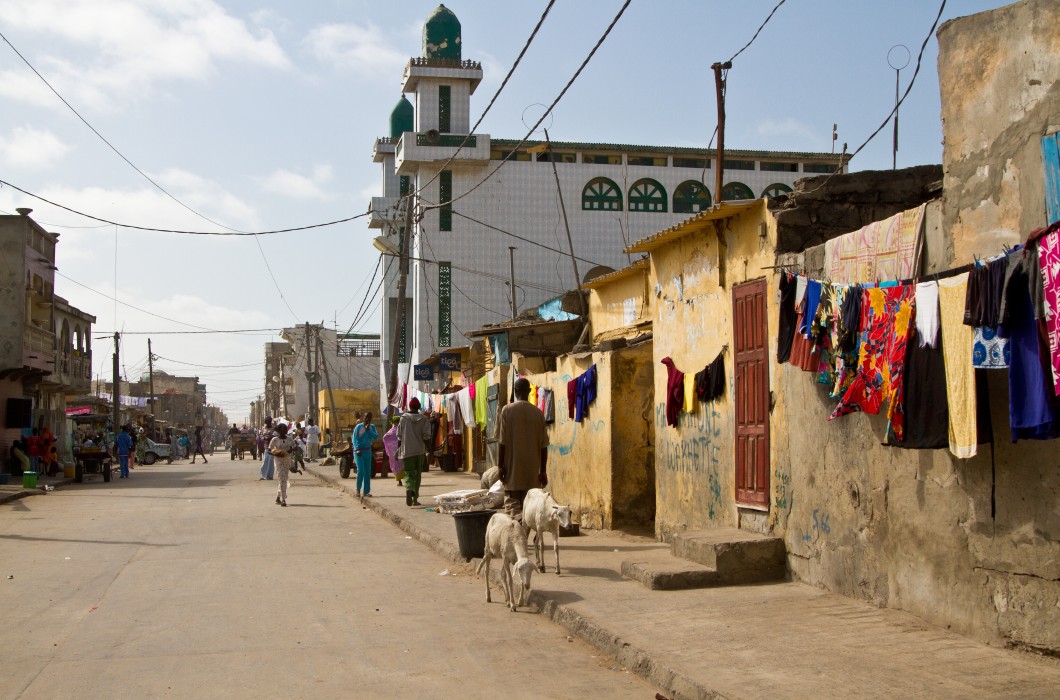client
(EWSA) Energy, Water and Sanitation Authority
projeCt Description
As with many countries in Sub-Saharan Africa, Rwanda is facing a serious energy supply problem due to the rising demand for sustainable and reliable access to modern energy services to meet the economic and social needs of its population. In response to this situation, the Government of Rwanda has recently set up medium-to long-term initiatives and policies in the electricity sub-sector to increase electricity access and assure appropriate infrastructure development. The Energy, Water and Sanitation Authority (EWSA) is the public entity appointed to coordinate the implementation of national policies related to energy, water and sanitation in Rwanda. Accordingly, since 2009, EWSA has been implementing tWAp has been intended to increase supply capacity and the rational use of energy, including energy efficiency (EE) improvement.
highlights
As part of the SWAp, Econoler was mandated by the EWSA to provide specific recommendations for promoting energy management and EE in the effective use of electricity by major commercial and industrial facilities, public buildings, street lighting and water pumping facilities.
To fulfill the mandate, Econoler performed the following six activities:
- Conducting 12 energy audits in the following energy-intensive sectors: public buildings, street lighting, water and wastewater systems, and large consumer facilities (large commercial or industrial facilities). These audits allowed identifying opportunities for EE improvement and supporting the development of a national EE code;
- Developing a guidebook on “How to Conduct Energy Audits in Rwanda?”, as a toolkit for identifying, defining and justifying EE measures in the key energy-intensive sectors of Rwanda;
- Organizing and holding a two-day hands-on training workshop on “How to Conduct Energy Audits in Rwanda?” to build the capacity of national stakeholders for adopting energy auditing practices tailored to Rwanda’s situation;
- Consulting national actors of the building construction sector and developing a national EE code that incorporates EE best practices for the design, construction and maintenance of facilities in Rwanda for public buildings, street lighting, water pumping and major commercial and industrial consumers;
- Developing an import policy that fosters Rwanda’s importation of EE lighting products, systems and controls while discouraging the importation of low-efficiency lighting products to help reduce the country’s overall electricity consumption associated with lighting;
- Developing a national EE strategy to ensure ongoing implementation of better energy consuming practices in Rwanda in the years to come.
The outcomes of this consultancy effectively supported the implementation of the national energy policy and paved the way for mainstreaming EE into the national code in an effort to reduce energy use in public and commercial buildings, industrial facilities, street lighting and water pumping, which are considered the most energy-consuming sectors in the country.



